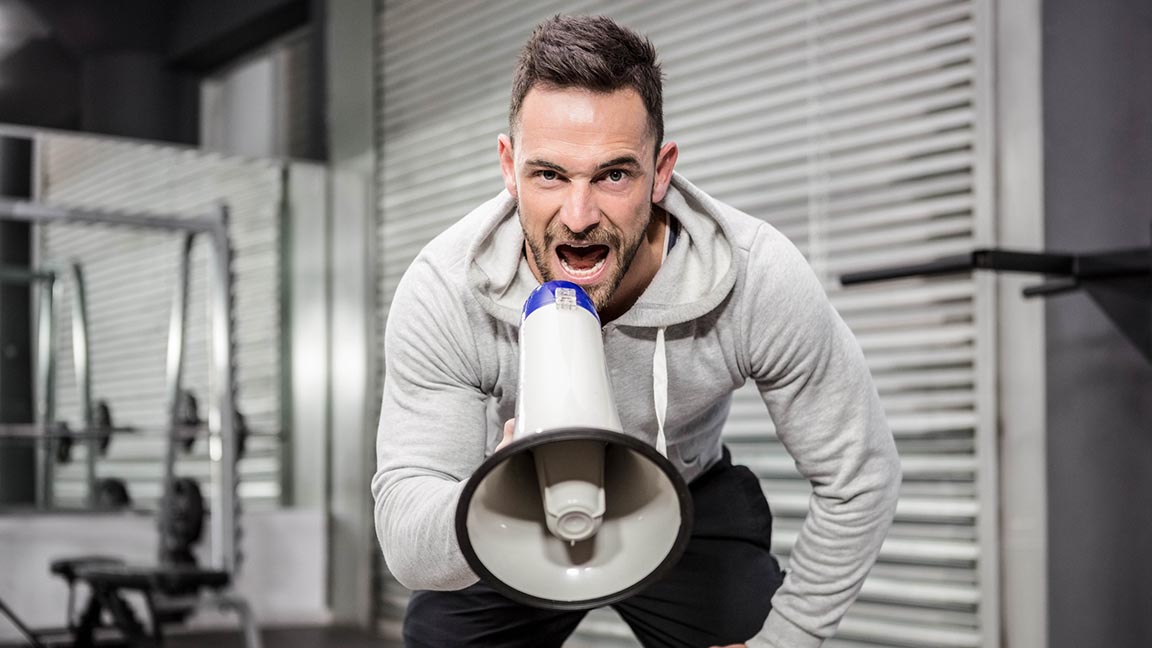F inding a personal trainer these days is easy. A quick Google search will probably return dozens of local trainers who say they will help you lose weight, get fit or sculpt your body.
But how do you know if they’re qualified to help you reach your goals safely and effectively? Angie Hill, a senior exercise physiologist with YMCA of Coastal Carolina, says you should do your homework before signing on.
“Someone seeking a personal trainer should definitely check degrees, certifications and experience,” she says.
If a trainer has a degree, it should be in exercise science, physiology or a closely related field.
A degree isn’t necessary to become a personal trainer, but a certain amount of experience and specialization is important. Since there isn’t an all-encompassing organization that certifies personal trainers as legitimate instructors, anyone can present himself or herself as such. That’s why it’s important to check the credentials of anyone you work with.
Reputation counts
People who make personal training their profession will seek certifications from reputable national entities, including the American College of Sports Medicine or National Academy of Sports Medicine, Hill says. The trainers at Tidelands HealthPoint each hold such certifications and have degrees in the field.
“There are several cheap, online personal training certifications that would not be as good as a certification from ACSM or NASM,” she says. “An experienced trainer with a degree and/or certifications would ultimately be the best option.”
While certifications and education are important, a qualified personal trainer doesn’t necessarily need to have the stereotypical “perfect” body, Hill says.
“Some of the online trainers with superb bodies may not look that way all the time. They may be working to become lean for photo shoots or even competitions,” she says. “Genetics play a huge role in body type and musculature, and just because a person doesn’t look in shape doesn’t necessarily mean that they don’t know what they are doing.”
Good example
Even so, a personal trainer should set a good example for clients, Hill says.
A trainer should practice what they preach by leading a healthy lifestyle and exercising regularly,” she says.
And be sure the personal trainer you enlist has the experience and knowledge to help with your specific situation. For example, if you are an older adult with osteoarthritis in your knees and you’d like a personal trainer to help you lose a few pounds, a trainer with extensive experience in collegiate athletics probably isn’t the best fit.
“There are several specializations out there,” Hill says. “An exercise program for an older person can be different than a college athlete, so finding a trainer that specializes in your goals would be your best option.”







